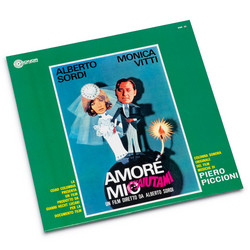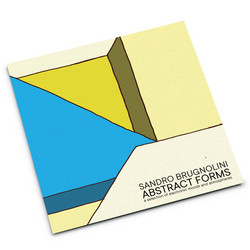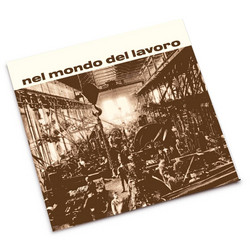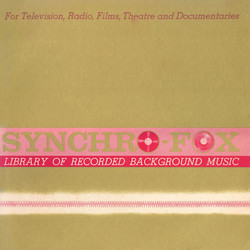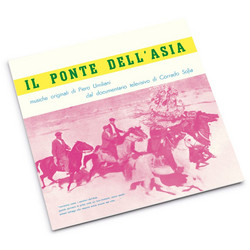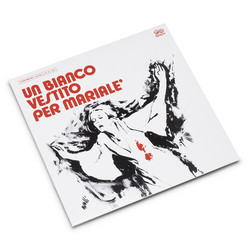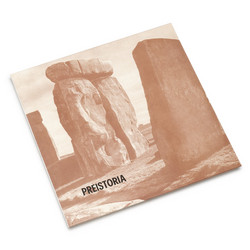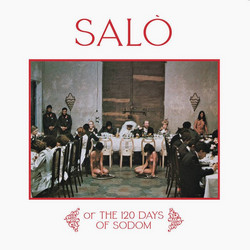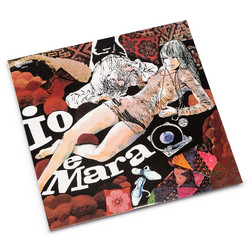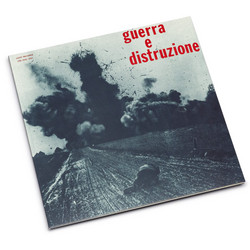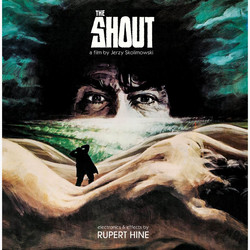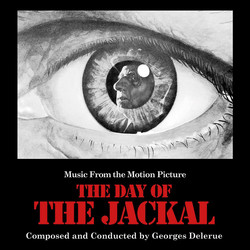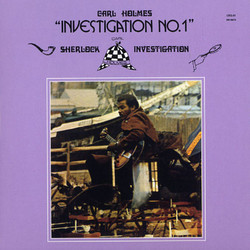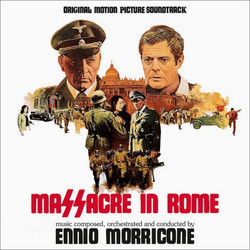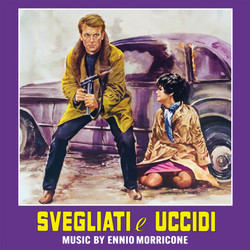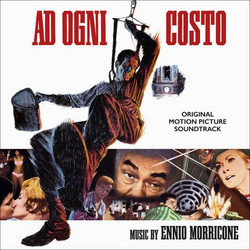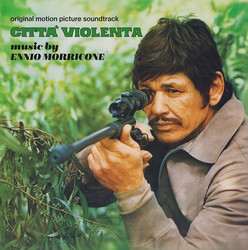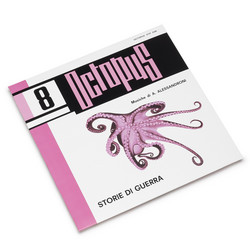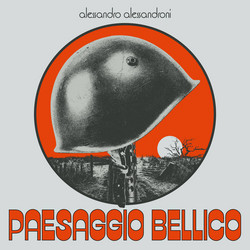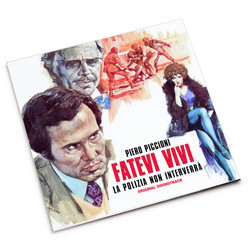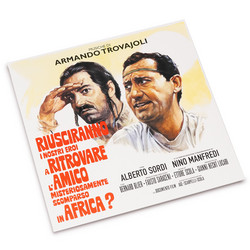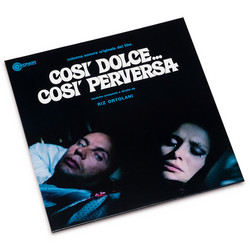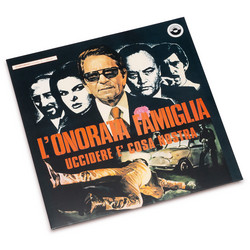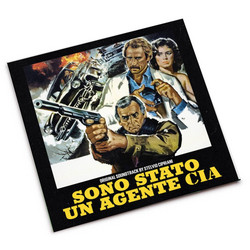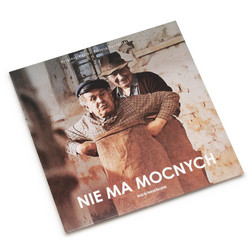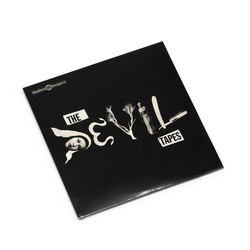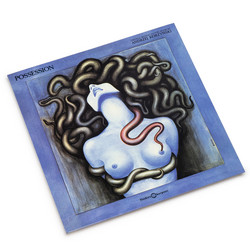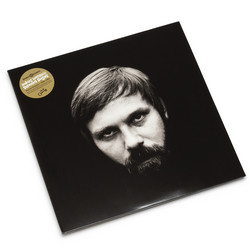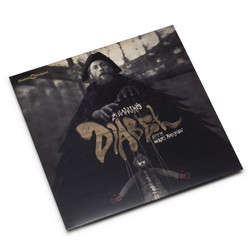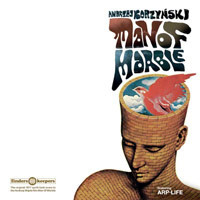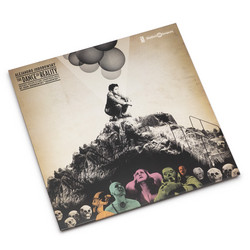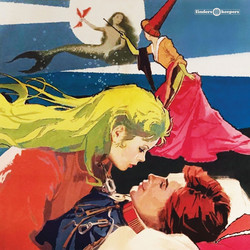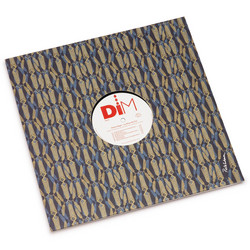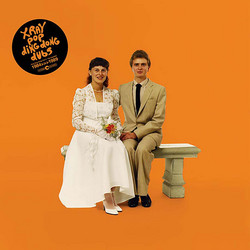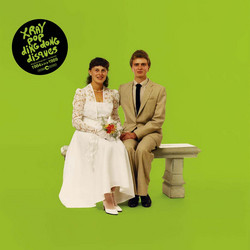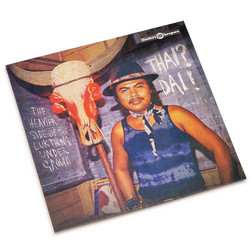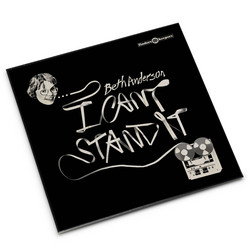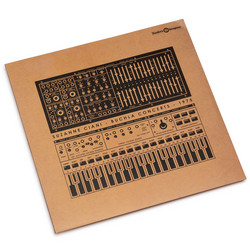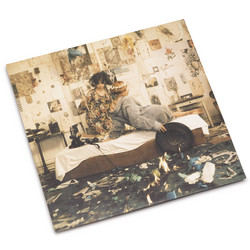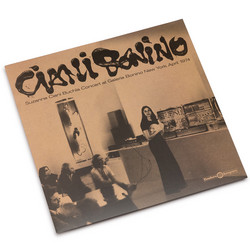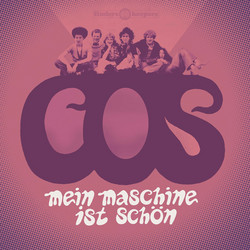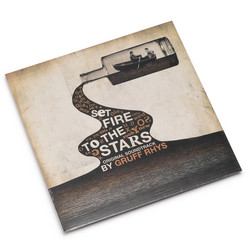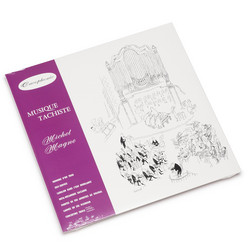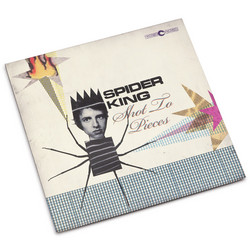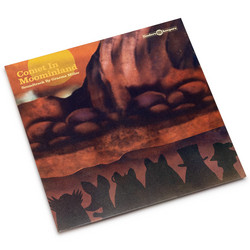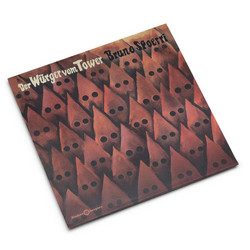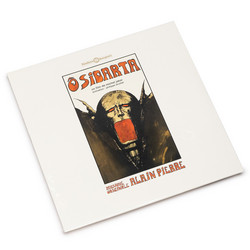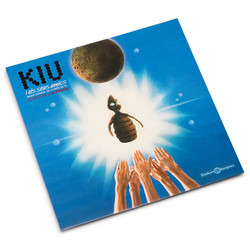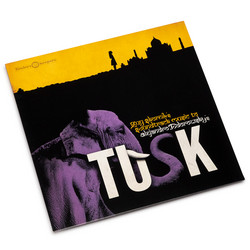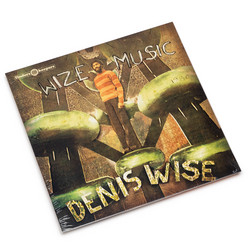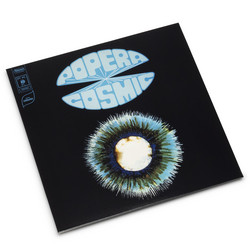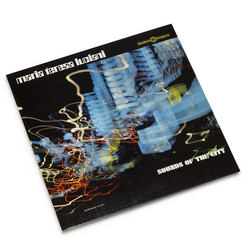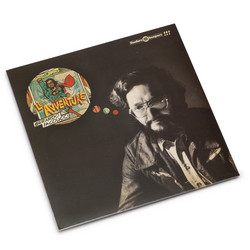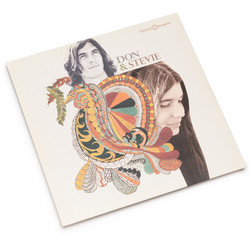Andrzej Korzynski
Trzecia Czesc Nocy (Third Part Of The Night) 10"
Temporary Super Offer! 2023 repress. As one of the most triumphant and beguiling directorial debut features to emerge from the fruitful Polish New Wave, Andrzej Zulawski’s 1971 film Third Part Of The Night not only earned the 30 year old filmmaker a place next to other radical Polish directors such as Polanski, Skolimowski and Has, but also galvanised a creative bond with long running collaborator and composer Andrzej Korzynski, providing fans of foreign abstract/suspense cinema with a potent creative fusion to match those of Polanki/Komeda, Fellini/Rota and Argento/Goblin, amongst others. Quite simply one of the heaviest psych rock film soundtracks of all time Andrzej Korzynski’s short and unreleased score matched the blueprint that adorned the drawing boards of conceptual French jazz orch rock composers like Jean-Claude Vannier, Francois De Roubaix and Alain Gourageur, creating a soundtrack that unknowingly begs comparison to Masahiko Satô’s Belladonna Of Sadness and Billy Green’s Stone. As one of the first progressive pop writers to come out of the vibrant (but carefully scrutinised) Polish beat scene with his bands Ricecar and later Arplife (and composing for national heroes such as Czeslaw Niemen, Niebiesko-Czarni and Test) Korzynski’s growing passion for conceptual rock and jazz music soon lead to instrumental composition and soundtrack scores. His cinematic debuts scoring two consecutive transitional new wave films for Andrzej Wajda (in collaboration with the radical Polski pop groups Trubadurzy and Grupa ABC) also provided Korzynski with another significant cinematic muse in that of the stunning actress Malgorzata Braunek with whom they would both eventually achieve their finest performances under the direction of the ravenous first timer Zulawski. Third Part Of The Night (1971) perhaps epitomises that triangular on-screen unison in its vibrant youth and feeds it through a hallucinogenic mangle finding astonishing beauty (within a repulsive synopsis) against a bleak and shattered backdrop and accompanied by progressive, psychedelic orchestral rock music – elements which would intensify for all three creatives with the next film, Diabel, which was banned by the Polish government the following year until 1988.
Third Part Of The Night also marks the public unison of Zulawski and Braunek whose later private romantic relationship is said to form the basis for another defining Zulawski/Korzynski defining endeavour with the 1981 film Possession exactly a decade later, encapsulating a period that bequeaths a previously unopened vault of some of the composers finest and most inspired sonic adventures.
As a dedicated producer of thematic composition, anti-intellectual experimental performance and modern jazz, Magne was also a wellrespected pioneer of France’s signature film score sound of the late 60s. Part radical manifesto, part pantomime, his self initiated debut Musique Tashiste was conceived, in part, as a physical humorous reaction to the bourgeoning musique concrète movement by combining found sounds and industrial elements with piano jazz alongside imposing avant-garde orchestral elements. Marking a stylistic cross roads where the likes of Egisto Macchi, Harry Partch, Rolf Liebermann, Igor Wakhevitch, overlap work of future collaborators and understudies like Jean-Claude Vannier and Martial Solal this LP is an essential forefather of European conceptual pop made at the start of a career that later furnished France with one of its most important residential studios (Chateau d’Herouville) and a discography of challenging LPs before his untimely suicide in the early 1980s. Presented here for the first time since its initial humble pressing in its unabridged entirety complete with its collectable illustrated sleeve art this LP stands as the perfect debut release and musical modus operandi for this new archival imprint.
